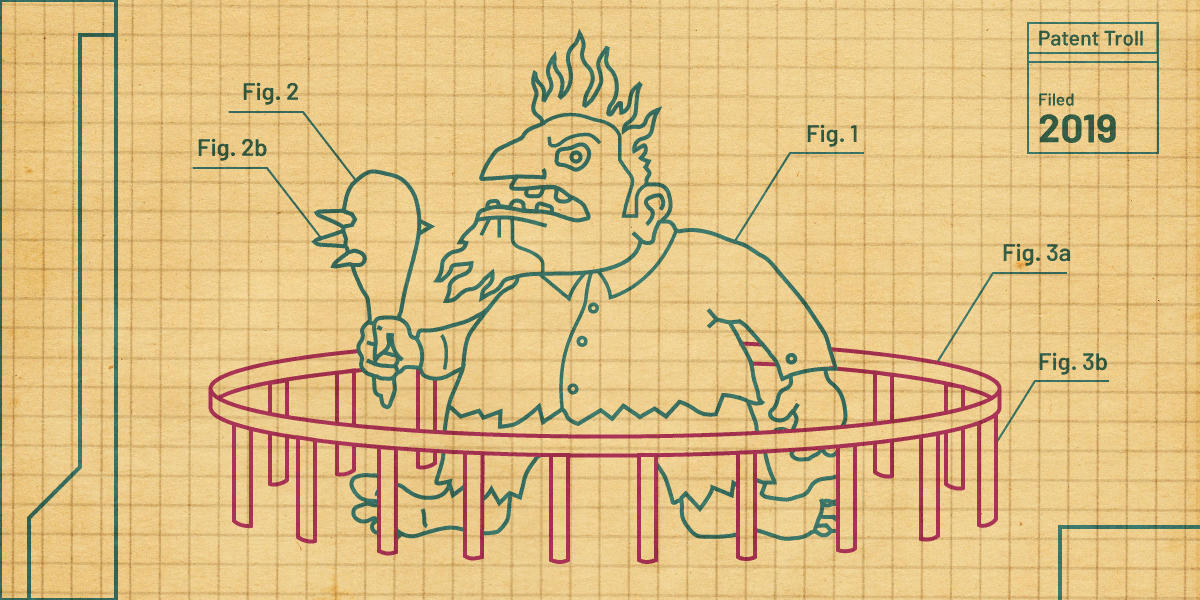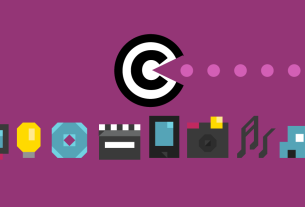The U.S. patent system is broken, particularly when it comes to software patents. At EFF, we’ve been fighting hard for changes that make the system more sensible. Last month, we got a big victory when we defeated a set of rules that would have mangled one of the U.S. Patent and Trademark Office (USPTO)’s most effective systems for kicking out bad patents.
In 2012, recognizing the entrenched problem of a patent office that spewed out tens of thousands of ridiculous patents every year, Congress created a new system to review patents called “inter partes reviews,” or IPRs. While far from perfect, IPRs have resulted in cancellation of thousands of patent claims that never should have been issued in the first place.
At EFF, we used the IPR process to crowd-fund a challenge to the Personal Audio “podcasting patent” that tried to extract patent royalty payments from U.S. podcasters. We won that proceeding and our victory was confirmed on appeal.
It’s no surprise that big patent owners and patent trolls have been trying to wreck the IPR system for years. They’ve tried, and failed, to get federal courts to dismantle IPRs. They’ve tried, and failed, to push legislation that would break the IPR system. And last year, they found a new way to attack IPRs—by convincing the USPTO to propose a set of rules that would have sharply limited the public’s right to challenge bad patents.
That’s when EFF and our supporters knew we had to fight back. Nearly one thousand EFF supporters filed comments with the USPTO using our suggested language, and hundreds more of you wrote your own comments.
Today, we say thank you to everyone who took the time to speak out. Your voice does matter. In fact, the USPTO withdrew all three of the terrible proposals that we focused on.
Our Victory to Keep Public Access To Patent Challenges
The original rules would have greatly increased expanded what are called “discretionary denials,” enabling judges at the USPTO to throw out an IPR petition without adequately considering the merits of the petition. While we would like to see even fewer discretionary denials, defeating the proposed limitations patent challenges is a significant win.
First, the original rules would have stopped “certain for-profit entities” from using the IPR system altogether. While EFF is a non-profit, for-profit companies can and should be allowed to play a role in getting wrongly granted patents out of the system. Membership-based patent defense organizations like RPX or Unified Patents can allow small companies to band together and limit their costs while defending themselves against invalid patents. And non-profits like the Linux Foundation, who joined us in fighting against these wrongheaded proposed rules, can work together with professional patent defense groups to file more IPRs.
EFF and our supporters wrote in opposition to this rule change—and it’s out.
Second, the original rules would have exempted “micro and small entities” from patent reviews altogether. This exemption would have applied to many of the types of companies we call “patent trolls”—that is, companies whose business is simply demanding license fees for patents, rather than offering actual products or services. Those companies, specially designed to threaten litigation, would have easily qualified as “small entities” and avoided having their patents challenged. Patent trolls, which bully real small companies and software developers into paying unwarranted settlement fees, aren’t the kind of “small business” that should be getting special exemptions from patent review.
EFF and our supporters opposed this exemption, and it’s out of the final rulemaking.
Third, last year’s proposal would have allowed for IPR petitions to be kicked out if they had a “parallel proceeding”—in other words, a similar patent dispute—in district court. This was a wholly improper reason to not consider IPRs, especially since district court evidence rules are different than those in place for an IPR.
EFF and our supporters opposed these new limitations, and they’re out.
While the new rules aren’t perfect, they’re greatly improved. We would still prefer more IPRs rather than fewer, and don’t want to see IPRs that otherwise meet the rules get kicked out of the review process. But even there, the new revised rules have big improvements. For instance, they allow for separate briefing of discretionary denials, so that people and companies seeking IPR review can keep their focus on the merits of their petition.
Additional reading:



